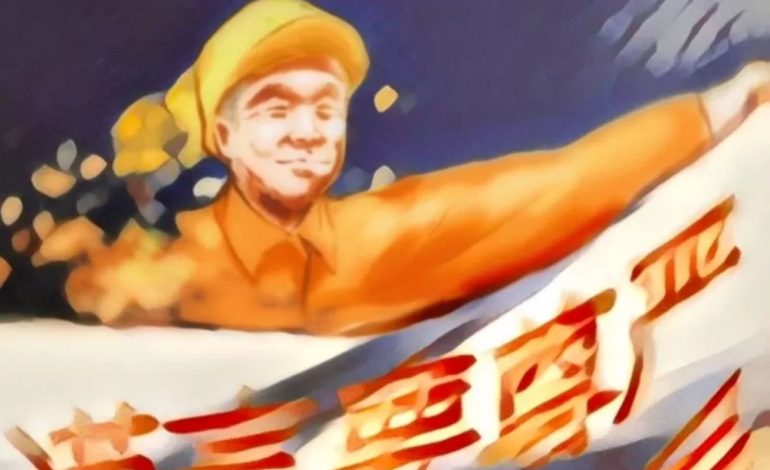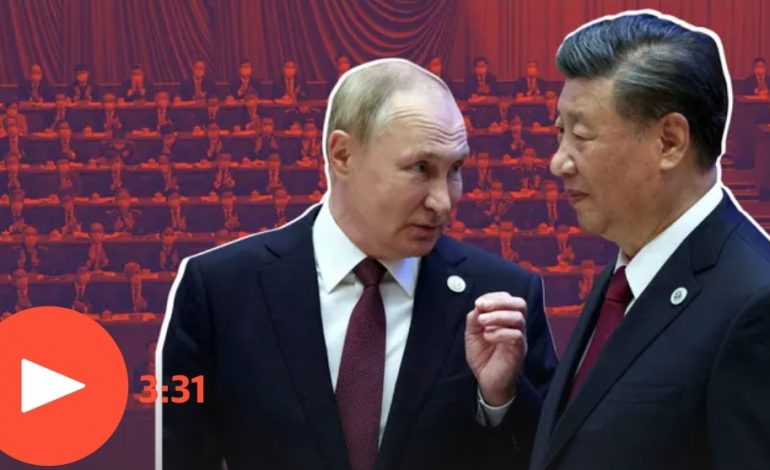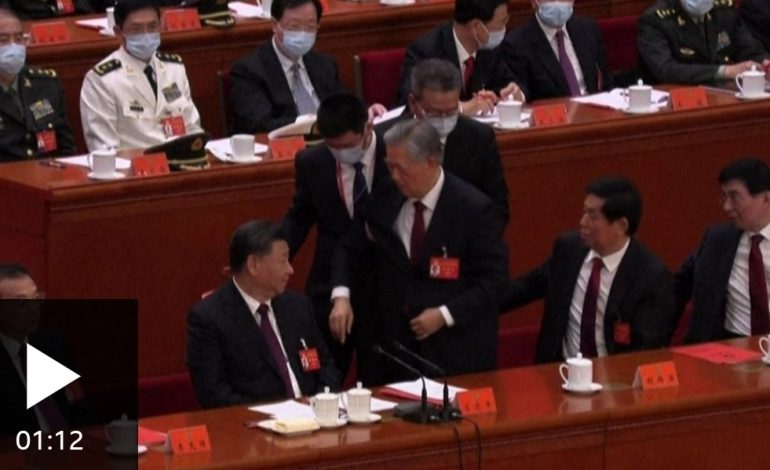
China congress: How one man on a bridge marred Xi Jinping’s big moment
By Tessa Wong
22 October 2022
On a cloudy afternoon last week, a man mounted a busy overpass in Beijing’s Haidian university district, carrying a cardboard box and car tyres.
Wearing an orange worksuit and a yellow hard hat, he easily passed off as a construction worker.
But then, he unfurled two massive white banners covered in slogans written in red paint. He set the tyres on fire. As plumes of black smoke swirled around him, he picked up a loudhailer and repeatedly chanted:
“Go on strike at school and work, remove dictator and national traitor Xi Jinping! We want to eat, we want freedom, we want to vote!”
In an instant, the man pulled off one of the most significant acts of Chinese protest seen under Mr Xi’s rule, marring the triumphant start of the Chinese leader’s expected third term in power.
Tapping into a vein of discontent, it has ignited one of the most widespread social media storms – and censorship crackdowns – seen in recent years, leaving an enduring legacy in Chinese dissent.
Almost immediately after the protest began, pictures and videos of the event proliferated on social media platforms and messaging apps, a testament to how shocking the incident was to ordinary Chinese.
While public protests do happen in China, a political demonstration in the capital on the eve of an important Communist Party congress, blatantly insulting Xi Jinping, was unthinkable until now.
It exposed flaws in the supposedly tight security restrictions put in place for politically sensitive events – the man not only evaded initial detection but had enough time to attract the attention of passers-by before he was swiftly bundled into a police car.
It’s also attracted the attention of China’s censors who have relentlessly scrubbed photos and footage, and limited search results for a vast array of words including general terms such as “Beijing” and “bridge”.
This has led to an ongoing cat-and-mouse game with citizens, who have turned to AirDrop and file transfer services to share pictures, or come up with oblique terms such as “I saw it” to discuss the incident.
“This is really the strictest crackdown I have seen in years, in terms of the sheer breadth of things they are taking down. It’s overkill,” said censorship analyst Eric Liu with China Digital Times.
The protest has resonated deeply as it surfs a wave of simmering public frustration with zero-Covid, following high-profile incidents that have led many to question the stifling policy. This week the death of a 14-year-old in quarantine became the latest controversy to spark anger.
This frustration and fatigue have spread to almost every level of Chinese society, say observers.


